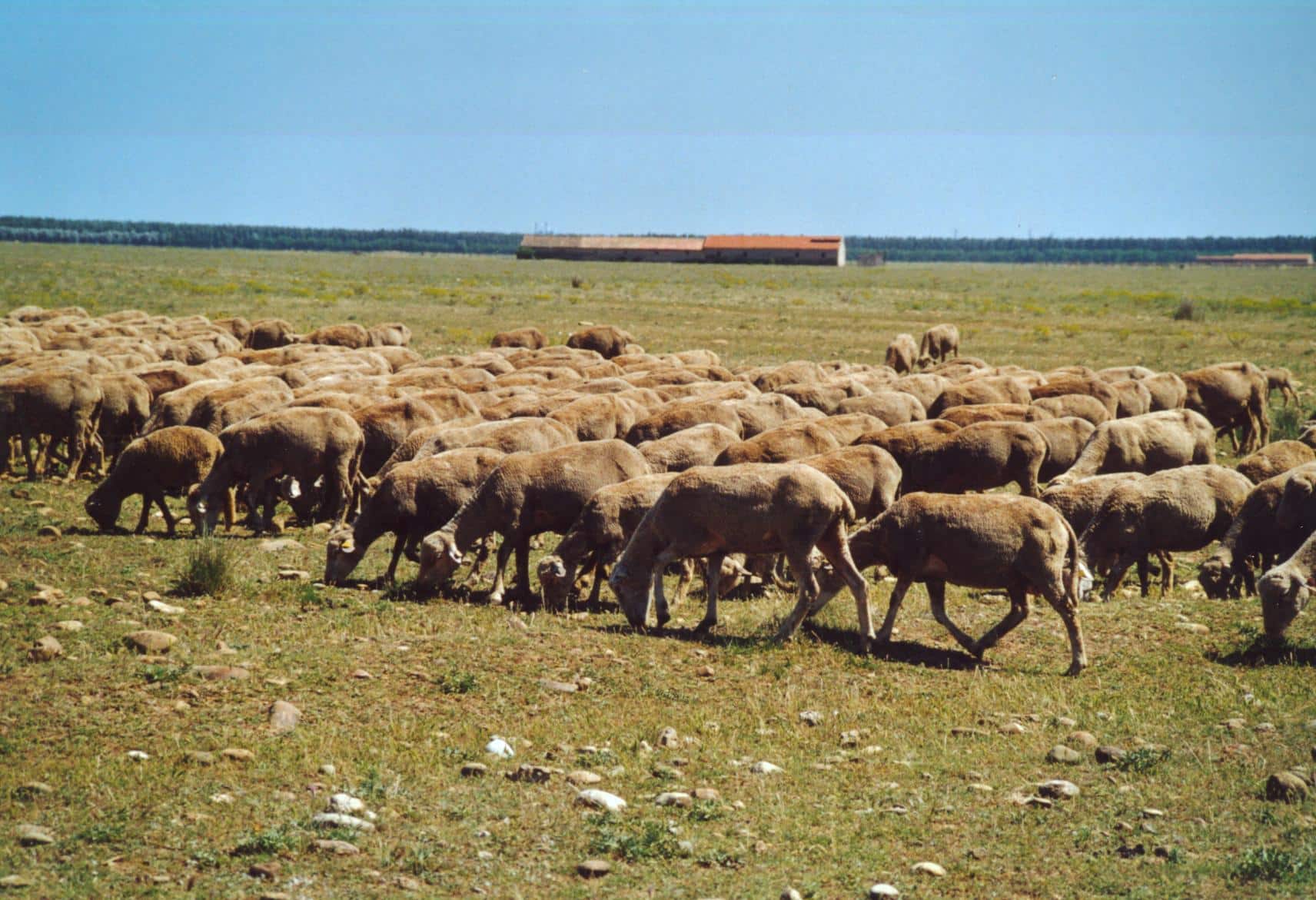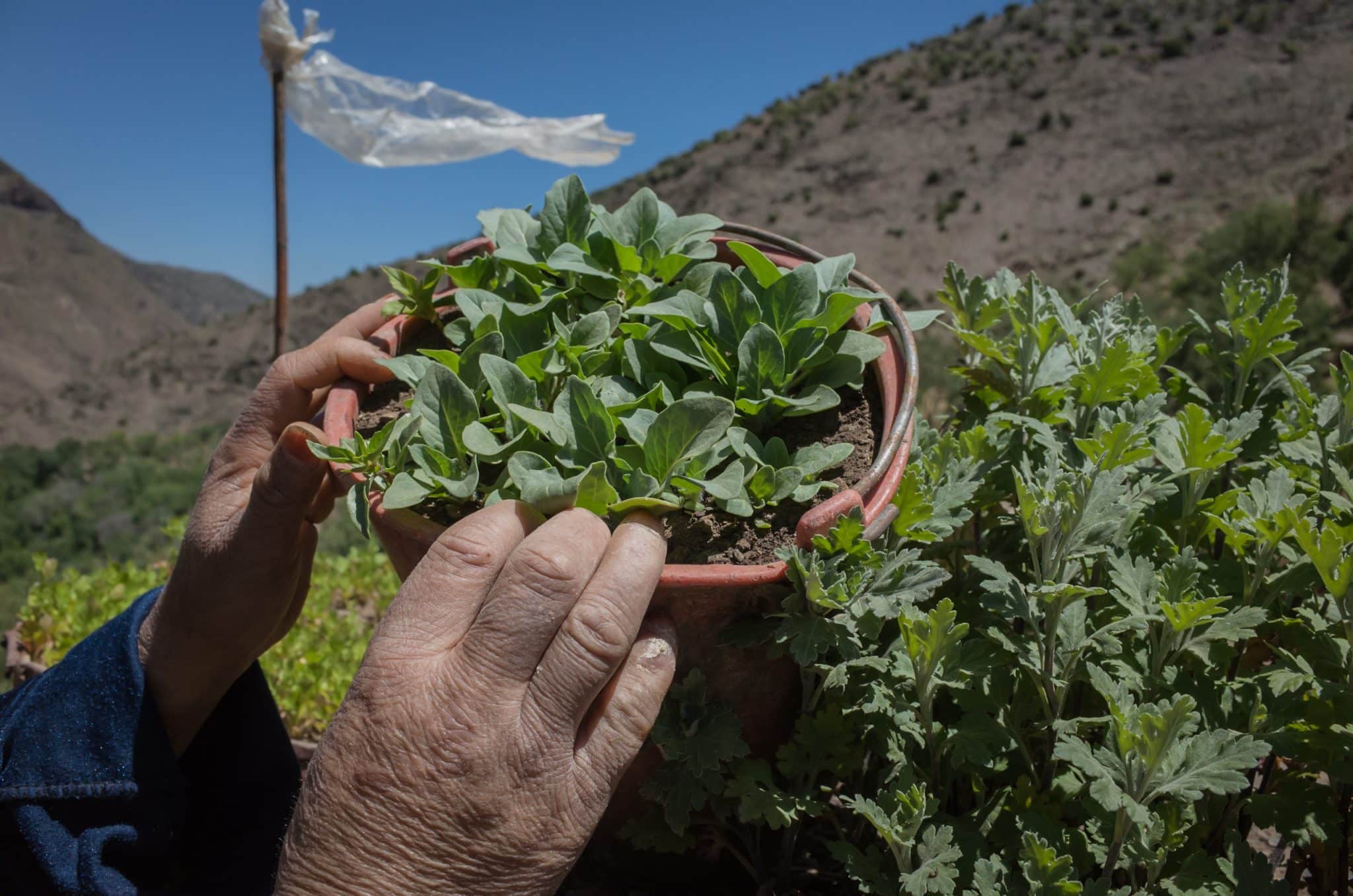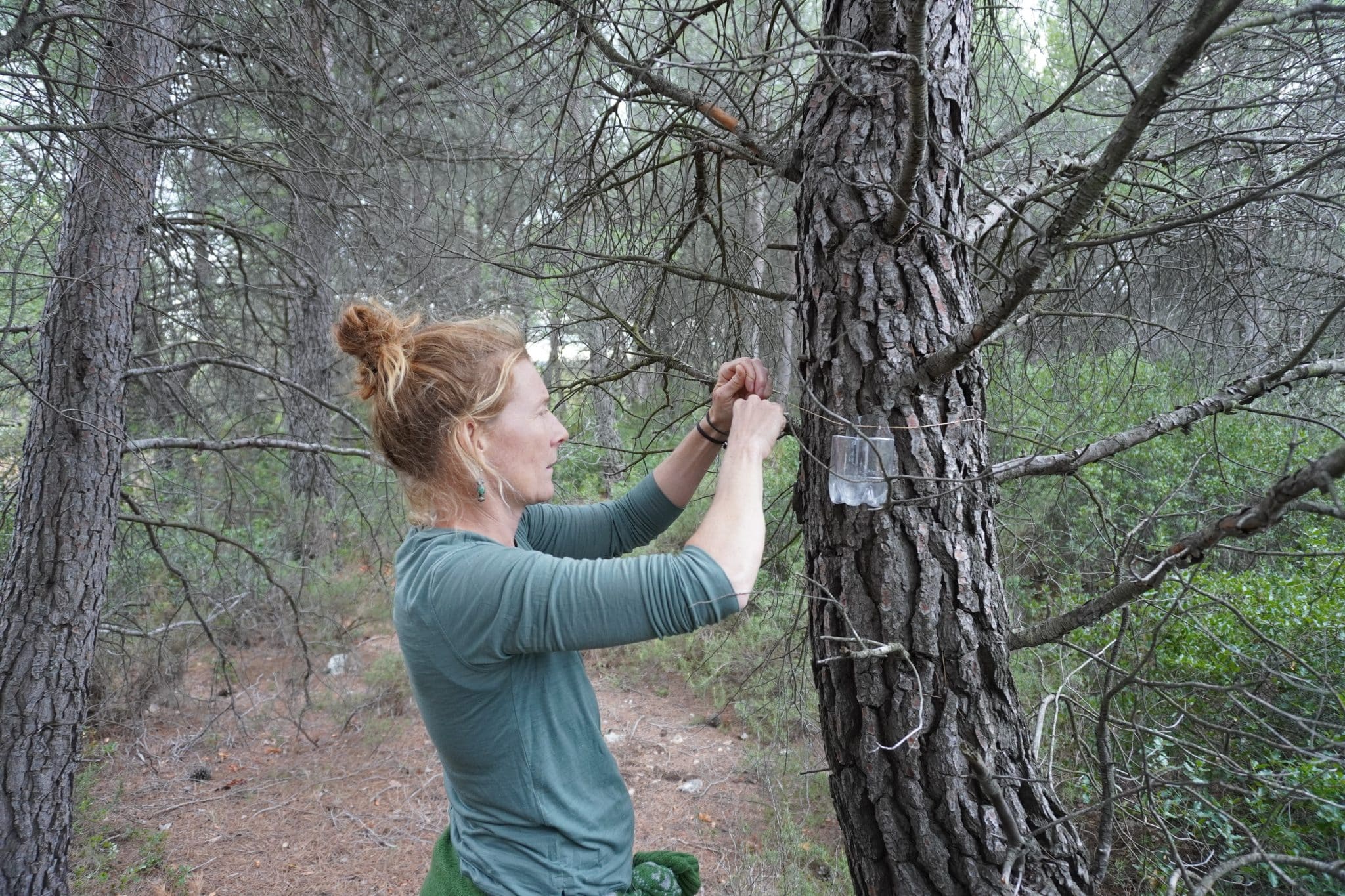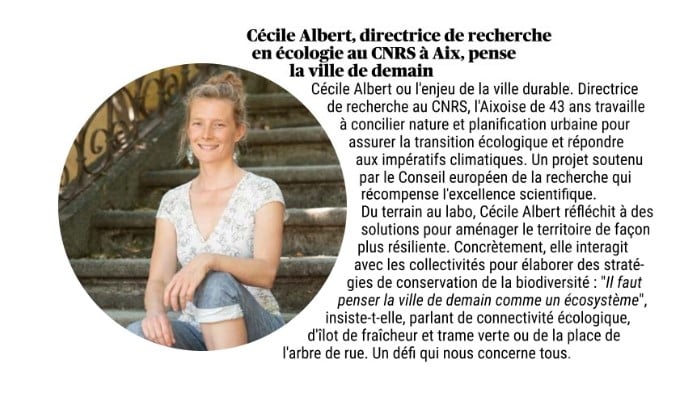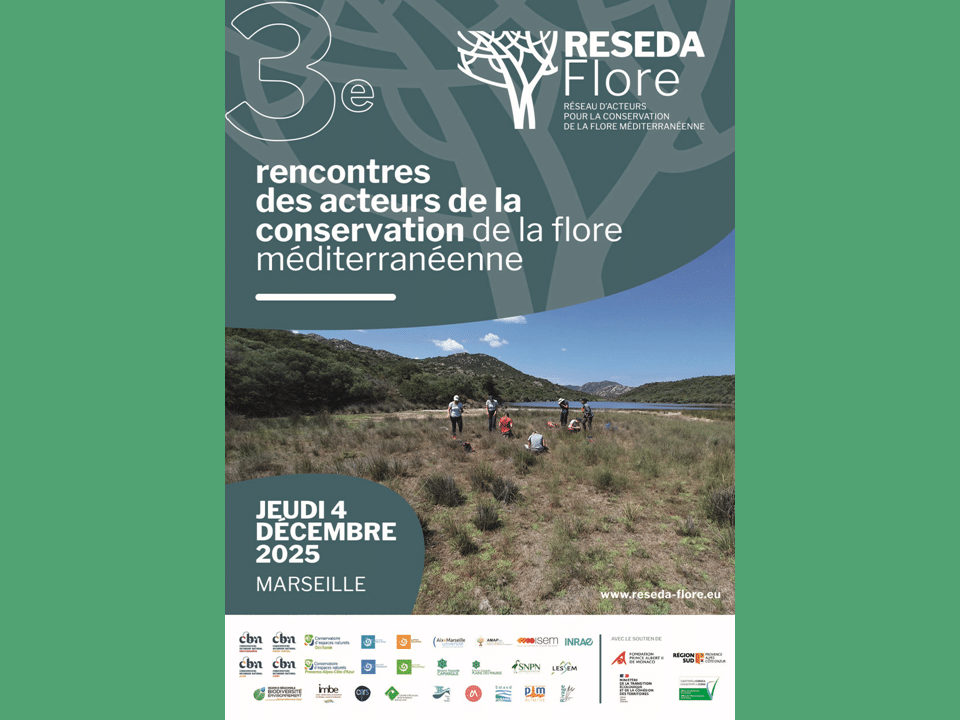
3ièmes Rencontres des acteurs de la conservation de la flore méditerranéene
Le 4 décembre 2025, le Conservatoire botanique national méditerranéen (CBNMed) a organisé à Marseille la 3ᵉ édition des Rencontres des acteurs de la conservation de la flore méditerranéenne, rassemblant environ

